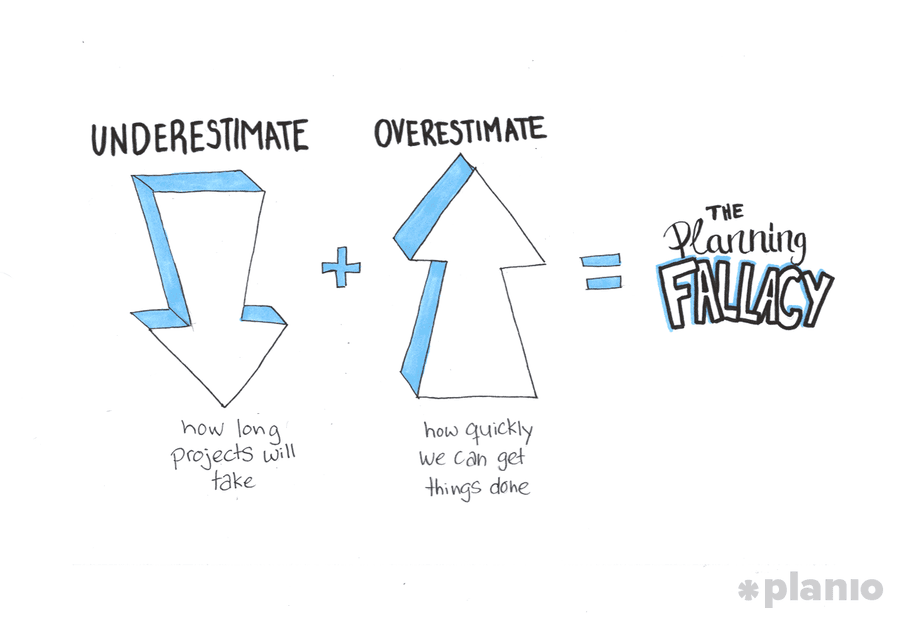We’re not very good at predicting how we will feel in the future. We are overly optimistic, and our optimism comes crashing down when tomorrow comes. When our mood sours, we end up giving in to feel good. We procrastinate.
TIM PYCHYL
5.41K
20.2K reads
CURATED FROM
Here's why you procrastinate & tactics that will help you stop
alifeofproductivity.com
12 ideas
·261K reads
IDEAS CURATED BY
Always appreciate the time you get, because you never know how much longer it`ll last.
The idea is part of this collection:
Learn more about timemanagement with this collection
Cultivating self-awareness and self-reflection
Prioritizing and setting boundaries for self-care
Practicing mindfulness and presence
Related collections
Similar ideas
Mistakes in predicting our future feelings
We are not very good at guessing how we'll feel in the future. In predicting how we will feel in the future, we commonly use the past experience as a guide.
But our brain favours the extreme and most recent events. We tend to focus on the main features of an event and les...
Search outsiders' perspectives
While we tend to be optimistic about our own abilities to complete tasks quickly, we’re much more pragmatic when it comes to figuring out how long it will take someone else to complete a task.
The planning fallacy
The term 'planning fallacy' was coined in 1977 and deals with how most of us are terrible at estimating how long a project will take. We are overly optimistic but terrible at predicting the future. If the project has a budget, we may underestimate that expense to...
Read & Learn
20x Faster
without
deepstash
with
deepstash
with
deepstash
Personalized microlearning
—
100+ Learning Journeys
—
Access to 200,000+ ideas
—
Access to the mobile app
—
Unlimited idea saving
—
—
Unlimited history
—
—
Unlimited listening to ideas
—
—
Downloading & offline access
—
—
Supercharge your mind with one idea per day
Enter your email and spend 1 minute every day to learn something new.
I agree to receive email updates



